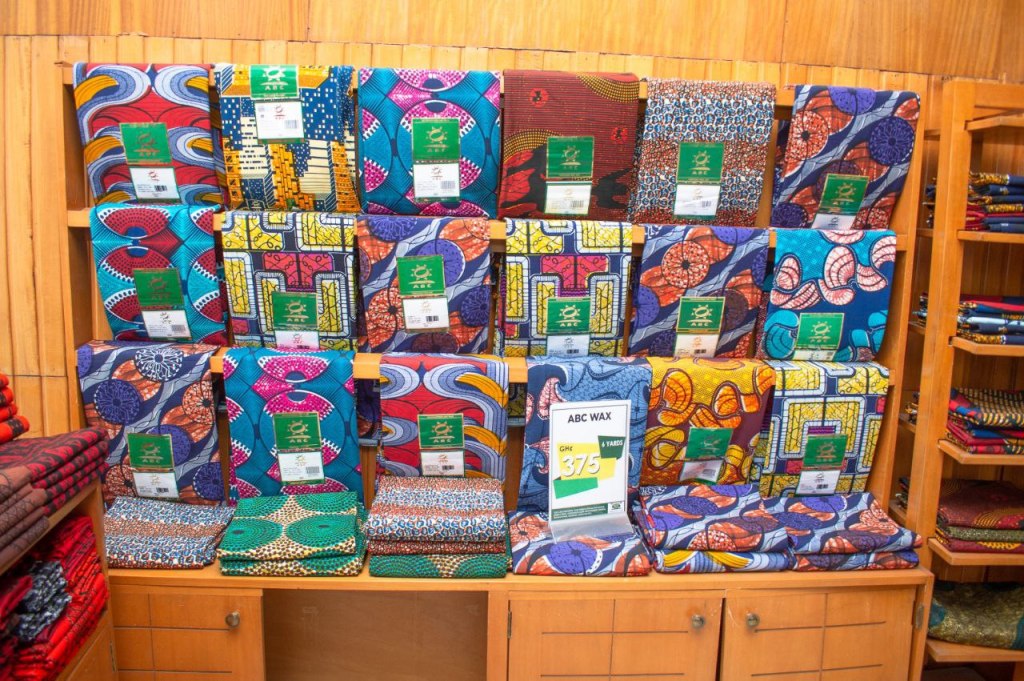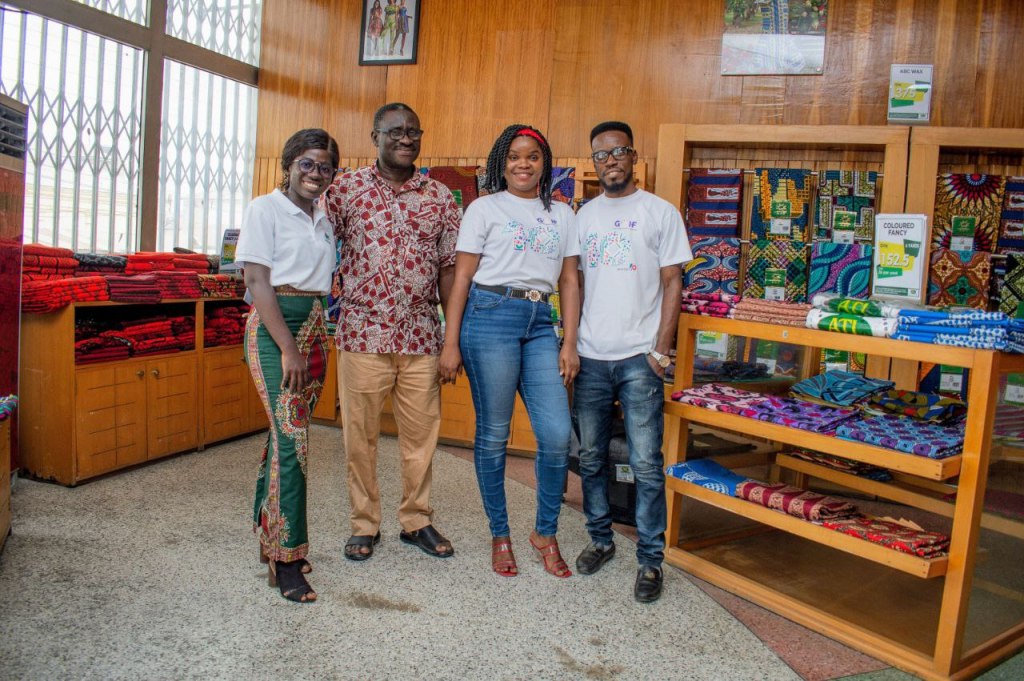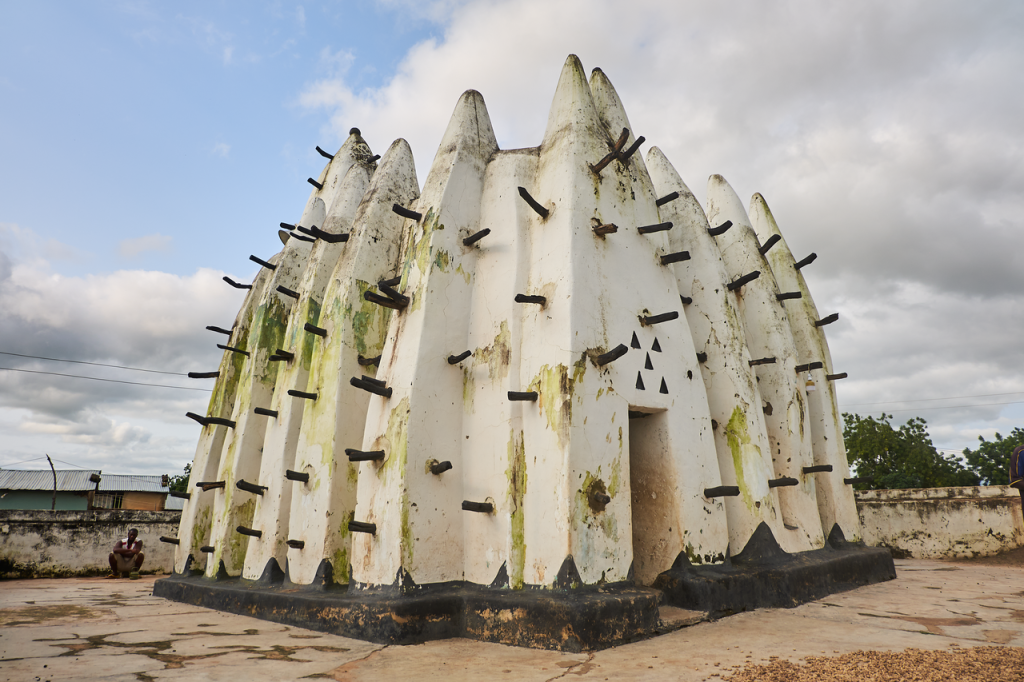If you’ve been wondering what the Global Open Initiative Foundation (GOIF) has been up to, we have exciting news for you! In March and April, GOIF has been actively partnering with communities to promote the use of Wikimedia Commons and other Wikimedia projects.
March
In March, GOIF organised a successful Wiki Loves Folklore photo contest in collaboration with the Moore and Gurene Wikimedia Communities and the Dagbani Wikimedians User Group. The contest was preceded by a workshop where participants learned valuable skills such as uploading images, contributing to Commons, navigating Commons, observing image policies, practising photography, and claiming ownership of uploaded images. The positive feedback received from participants was a testament to the value of such initiatives in strengthening the contributions made by members of the community. In addition to the photo competition, we organised our community calls and continued our monthly workshops with the librarians from the Effutu Library, where we stressed the value of editing, sharing their experiences, and staying informed about the various campaigns and initiatives taking place in the movement. We discovered that pre-registering participants speeds up the process and that using Wikidata is always a good workaround for IP blocks. Additionally, we found that community calls are a fantastic way to connect outside of edit-a-thons.
Wikimedians of the Twi Language Community (WTLC)
The WTLC is passionate about preserving and promoting their language and culture through Wikimedia projects. Recently, the community has engaged in several exciting initiatives to empower its members and enrich Wikipedia content. In March, the WTLC began a translation project of biographies of some Ghanaian Supreme Court Judges into the 2 main Twi dialects Asante and Akuapem Twi on Twi Wikipedia. This was made possible by some training and workshops on editing on Twi Wikipedia organised for community members. Additionally, they continued their project of documenting African and Ghanaian fabrics on Wikipedia, Wikidata, and Wiki Commons. The project was successful through collaborations and partnerships with the Ghana National Culture Center, Adom TV, Akosombo Textiles, Vlisco, and GTP. The Ghana National Culture and Textile companies provided the team with the needed information and assistance on the making of fabrics, such as the tie and baltic. As such, they were able to access about 100 pictures of the fabrics, which they used to make the articles and items visually appealing. Adom TV, on the other hand, provided publicity for the project and the existence of Twi Wikipedia. The major challenges encountered while embarking on this project were the lack of sufficient information on the web about the origin and history of some fabrics. Although faced with this challenge, the team was able to gather much-needed verbal information from market women during research in Accra and Kumasi. Another challenge faced was insufficient funds to conduct more research across African markets to attain more well-satisfied data about Ghanaian and African-designed fabrics.

Ghanian Fabrics aka Ntoma Warmglow, CC BY-SA 4.0 via Wikimedia Commons

April
In April, we continued our GOIF-Nubuke photo contest, which was geared towards uploading images that depict the livelihoods and places of people in the Upper West region. The contest was keenly contested amongst community participants and at the end of the contest, the highest contributor took home 750ghs worth of shopping vouchers. Through our collaborations with the Nubuke Foundation, we were able to access and upload over 450 images to Wikimedia Commons under the category, Arts and Culture in the Upper West Region. Following our contest, our next meeting at Nubuke involved teaching participants how to upload images on Wikipedia and Wikidata. This workshop was aimed at ensuring that pictures uploaded on Wikimedia Commons are not just left there but utilized to visually describe texts in Wikipedia and Wikidata. In the workshop, we touched on the importance of Wiki commons as an open-access repository of files in various media. We also talked about the essence of using files in Wiki commons to improve pages on Wikipedia and items in Wikidata. Participants enjoyed adding images to Wikidata items more than uploading images to Wikipedia. Some of the concerns raised were the usage of wiki codes for file uploads on Wikipedia and the struggle to read wiki codes in edit sources. Nonetheless, images were uploaded on several Wikipedia pages.
Additionally, GOIF continued its monthly workshops with the Effutu Library. To ascertain participants’ level of knowledge based on our previous training, we adopted a contest as an assessment tool. We curated a list of items that were to be created on Wikidata and a list of properties that the participants were expected to add to successfully create an item completely. Participants embraced the contest as the prizes announced served as a motivation. We had noticed that many participants preferred to edit on Wikidata and following our first meeting with the group, participants reached out to some of our team members trying to edit and understand Wikidata. To our pleasant surprise, two out of the top three winners were first-time winners and they were both females. This was an encouraging result for us.
Wikimedians of the Twi Language Community (WTLC)
The WTLC continued with the translation project of biographies of Ghanaian Supreme Court Judges. From the premise of WTLC’s participation in AfroCuration 2022, Moleskine Foundation in partnership with WTLC have worked since 2022 to host a first ever AfroCuration event in Ghana with the main theme “WHO ARE WE” and the Sub Theme “Redefining Africa from the Perspective of African Authors and Musicians”. The event also has as partners the Kwame Nkrumah University of Science and Technology – Department of Languages and Communication Science, the University of Winneba Ajumako Campus – Akan-Nzema Department and The National Cultural Center, Kumasi. The team in April began its series of workshops and training to prepare editors to contribute effectively during the hybrid event from the 26th to the 28th of May, 2023. Aside from Twi and English this first ever AfroCuration event would include publication of work into 4 other languages, namely Dagbani, Ewe, Moore and Gurene. As a result, training sessions were also organised in April for all these language communities. Oroko radio, the official publicity partner for the event, also showcased a special pre-recorded show with a member of WTLC to create awareness about the event.
GOIF and WTLC’s recent initiatives demonstrate the foundation’s commitment to promoting open access to knowledge and empowering communities through Wikimedia. As they continue to partner with communities, the team hopes to create a more inclusive and diverse Wikimedia community, where everyone has the opportunity to contribute and thrive.

Can you help us translate this article?
In order for this article to reach as many people as possible we would like your help. Can you translate this article to get the message out?
Start translation
